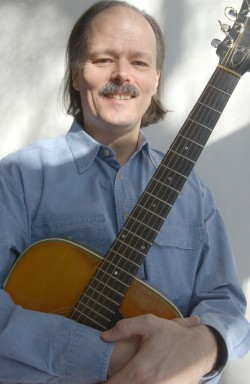Scott Published in Routledge’s The Modernist Reader


Stanley Scott, private lessons teacher in music, authored a chapter titled “Modernism in South Asian Art Music,” published in the The Modernist World, part of the Routledge Worlds series, in 2015.
Scott traces modernism in South Asian art music from its 18th century roots to the 21st century. The examples, drawn from Pakistan, North India and Bangladesh, represent parallel developments throughout South Asia. The seeds of South Asian modernism were sown in 18th century Calcutta, with the emergence of British orientalist scholarship and the development of the urban South Asian intelligentsia. The orientalist discovery of India’s “golden age” allowed Hindu nationalists to find inspiration in an India that predated both European colonization and Islamic rule. North Indian music, in particular, served sometimes as an icon of national identity, sometimes of revived Hindu hegemony, and sometimes of an Indo-Islamic synthesis.
The 19th century rise of Indian cities and decline of the courts led to radical changes in musical patronage and music education. In the 20th century, public concerts supplanted court performances, and the traditional master-disciple tradition was transformed and/or replaced by the emergence of music schools, which catered to the new urban middle class. Women eventually were welcomed onto the concert stage, which had previously been reserved for courtesans and professional temple performers. These developments were promoted by the recording and broadcast media, which brought South Asian art music to a huge new listening public. These media, while ensuring the survival of South Asian art music, also had transformative effects on its style, form, and aesthetic values.
In 1990, Scott began doctoral work at Wesleyan, where he studied the Gwalior style of North Indian vocal music with visiting artist Vidyadhar Vyas of Bombay University. Scott completed his PhD dissertation on Hindustani classical singing in 1997.
He currently teaches private lessons in North Indian vocal music, guitar, banjo and mandolin. Learn more about Stan Scott here.

